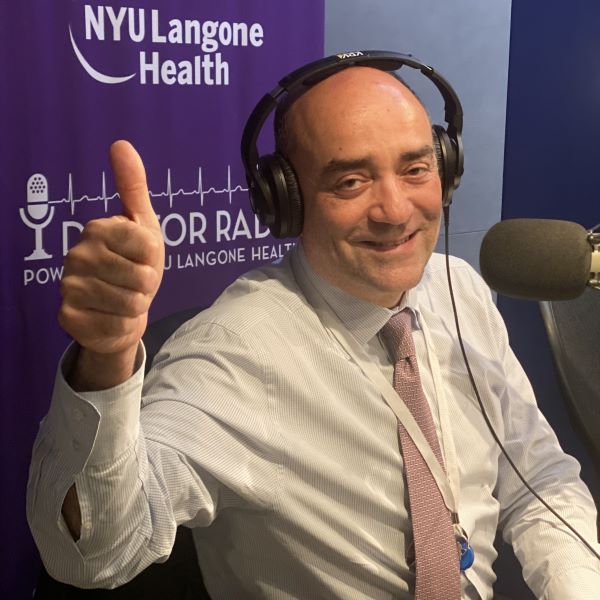Hossein Sadeghi-Nejad

What inspired you to work in sexual medicine?
I did my urology residency at Boston University Medical Center at the time when Dr. Irwin Goldstein was the Director of Sexual Medicine at BU and Robert Oates was the Director of Male Infertility. Dr. Goldstein’s boundless energy and enthusiasm as well as his positive attitude, changing patients’ perspectives about conditions that they often were embarrassed to discuss with their physicians, had a profound effect on me. Spending time with prostate cancer survivors was also revealing because I was seeing firsthand that although they were cured of their malignancies, the patients were often extremely bothered and depressed by the side effects of their cancer treatments, specifically erectile dysfunction. The opportunity to develop expertise in the field and address these concerns has been one of the most rewarding experiences of my medical career.
What is the most rewarding aspect of your career?
I am very passionate about what I do and helping patients with various urological problems is a daily source of excitement and motivation. The most rewarding aspect of my career, however, is the privilege of having trained residents and medical students at Rutgers/HUMC, and now at NYU who will carry the torch and go on to take care of patients and hopefully train another generation of residents. I am also incredibly proud of having worked as a Chief of Urology for the New Jersey Veterans Affairs Hospitals, taking care of our veterans for 25 years before retiring and moving on to NYU.
What is something most people don’t know about you?
I grew up in Iran and learned to ski in the mountains around Tehran where the elevation and dry light snow creates incredible conditions similar to some of the best ski resorts in the world. Although I ski only one or two weeks per year, I am a fairly good skier and very passionate about the sport. My wife Leila and I spent our honeymoon skiing in Lech, Austria 31 years ago.
What is the best piece of advice you’ve ever been given?
Yesterday I was clever, so I wanted to change the world. Today I am wise, so I am changing myself. - Rumi
What would your ideal vacation be?
St Barts. John Lennon’s Imagine playing in the background at least once when lying on the beach. No calls or MyChart messages. :)
- New York, NY
- Member of the Month: January 2024

